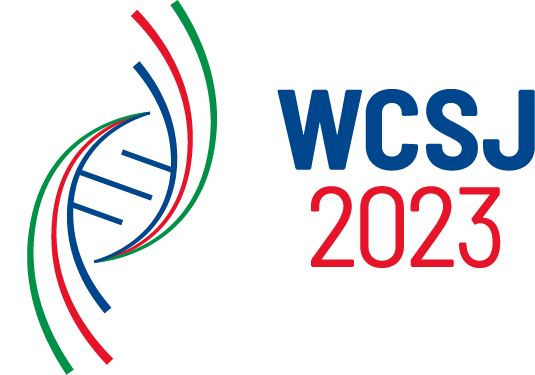Greetings from Medellin where we can’t wait to welcome you in just a few days! If you haven’t already organised your pre-conference workshops, or organised your Monday or Friday excursions, take a look at our website for more information.
WCSJ 2023 will take place in the stunning Jardin Botanico in Medellin, the first time the WCSJ has returned to Latin America since the Federation was founded in 2003.
The conference offers a cutting edge educational opportunity, professional networking, opportunities to find work and to work and inspiration. See you next week!
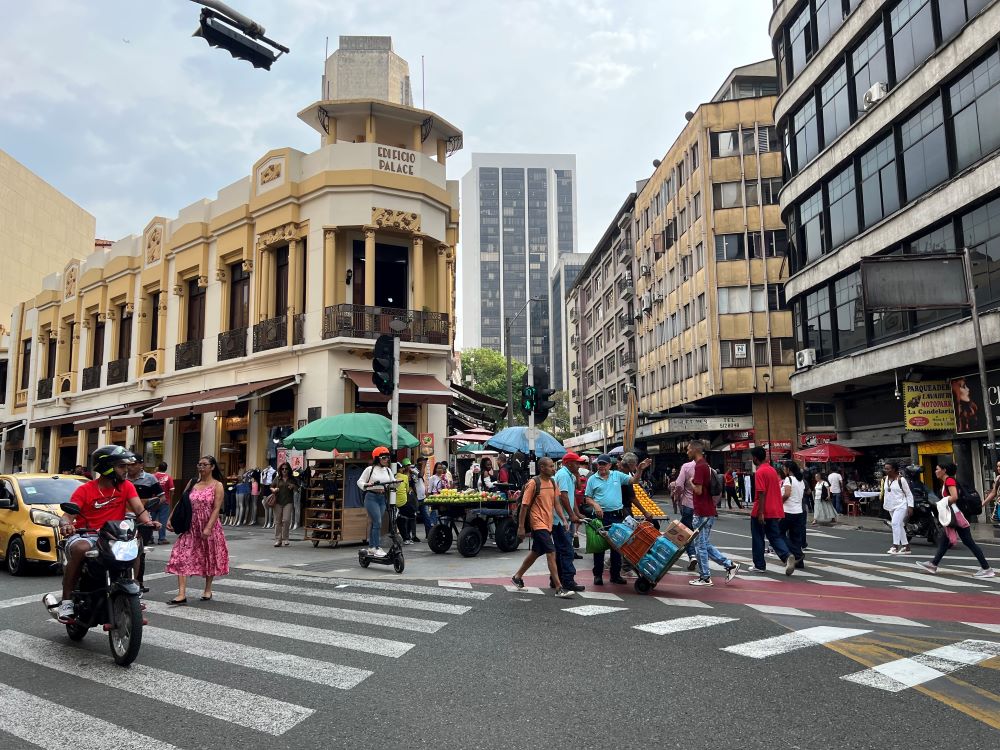
Exclusive Plenary: Diverse forms of knowledge: Why they are vital in tackling climate and biodiversity crises
To address the climate-driven crises threatening the planet’s natural resources and biodiversity, some organizations are searching for solutions in a broader, more inclusive way. This panel will explore how the co-production of knowledge through diverse forms and sources of information can result in a greater impact in helping us to adapt to climate change and other forces threatening the natural world.
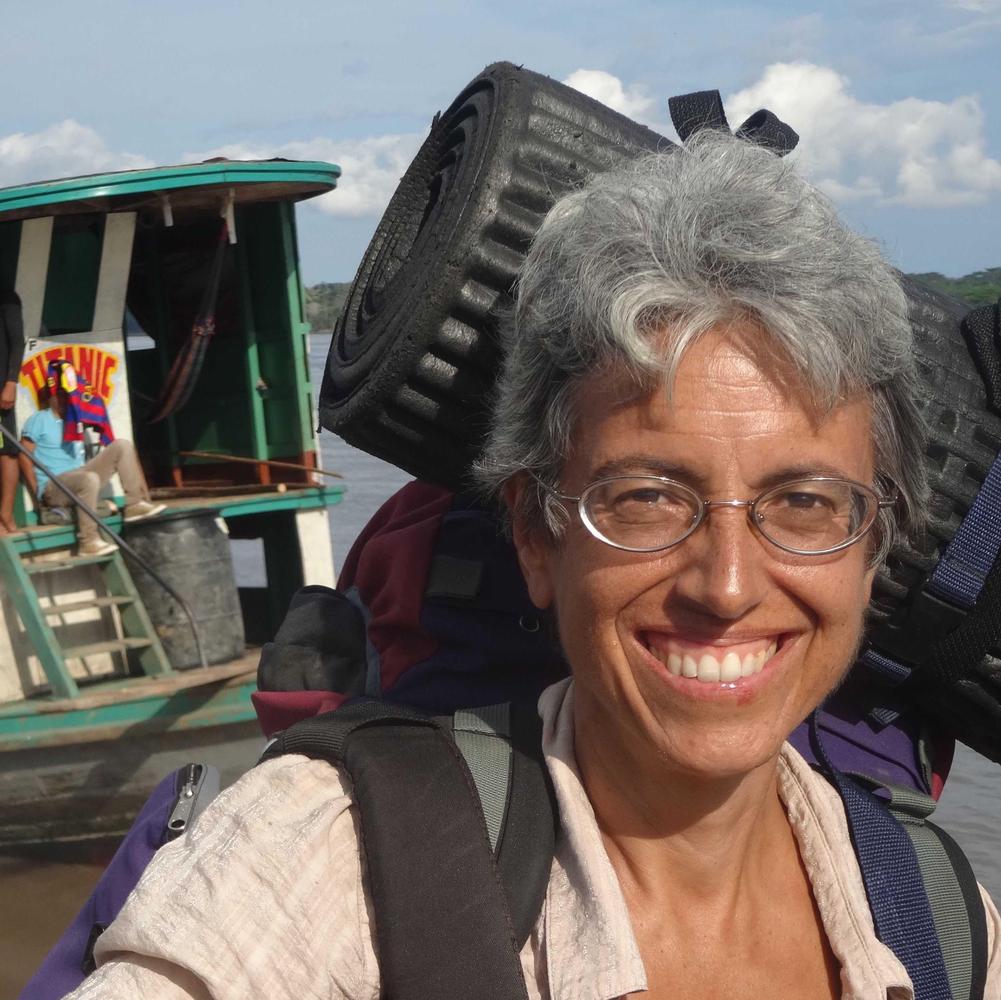
Barbara Fraser's reporting has taken her from southern Mexico, where migrants climb atop freight cars for a perilous journey north to the U.S. border, to an ethnobotanical park off the southern tip of Tierra del Fuego, and from glaciers high in the Andes Mountains to Indigenous communities suffering the impacts of oil spills in the Amazon Basin. An independent journalist who has lived in Peru since 1989, she writes mainly about environmental, public health and Indigenous issues in Latin America. Her work has appeared in Nature, Science, The Lancet, National Geographic, EcoAméricas, Mongabay.com, Discover and other publications. She has a bachelor’s degree in journalism and a Master’s in environmental studies.
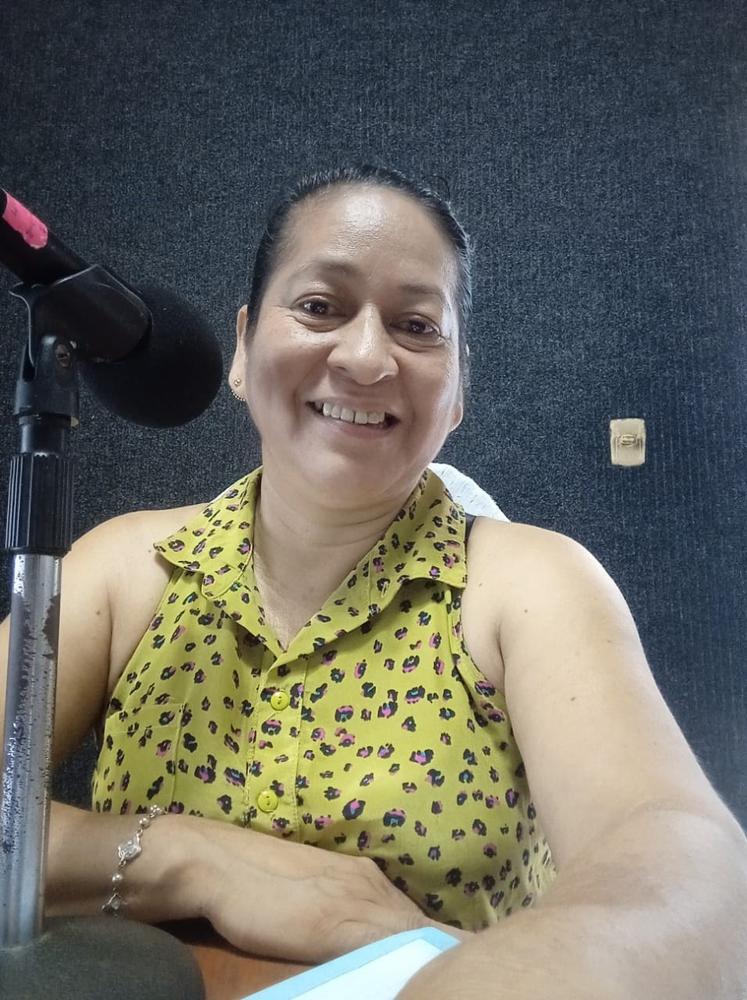
Marilez Tello Imaina is a Kukama journalist who began her radio career with UNICEF, producing early-learning programming for children. For the past 16 years, she has worked as a reporter and host of the morning news program at Radio Ucamara, a community radio station on the Marañón River in Nauta, in Peru’s northeastern Amazonian region. Most of the radio station’s staff is Kukama, and they have a strong commitment to the Indigenous communities along the Marañón and its tributaries, as well as to the urban Indigenous population.
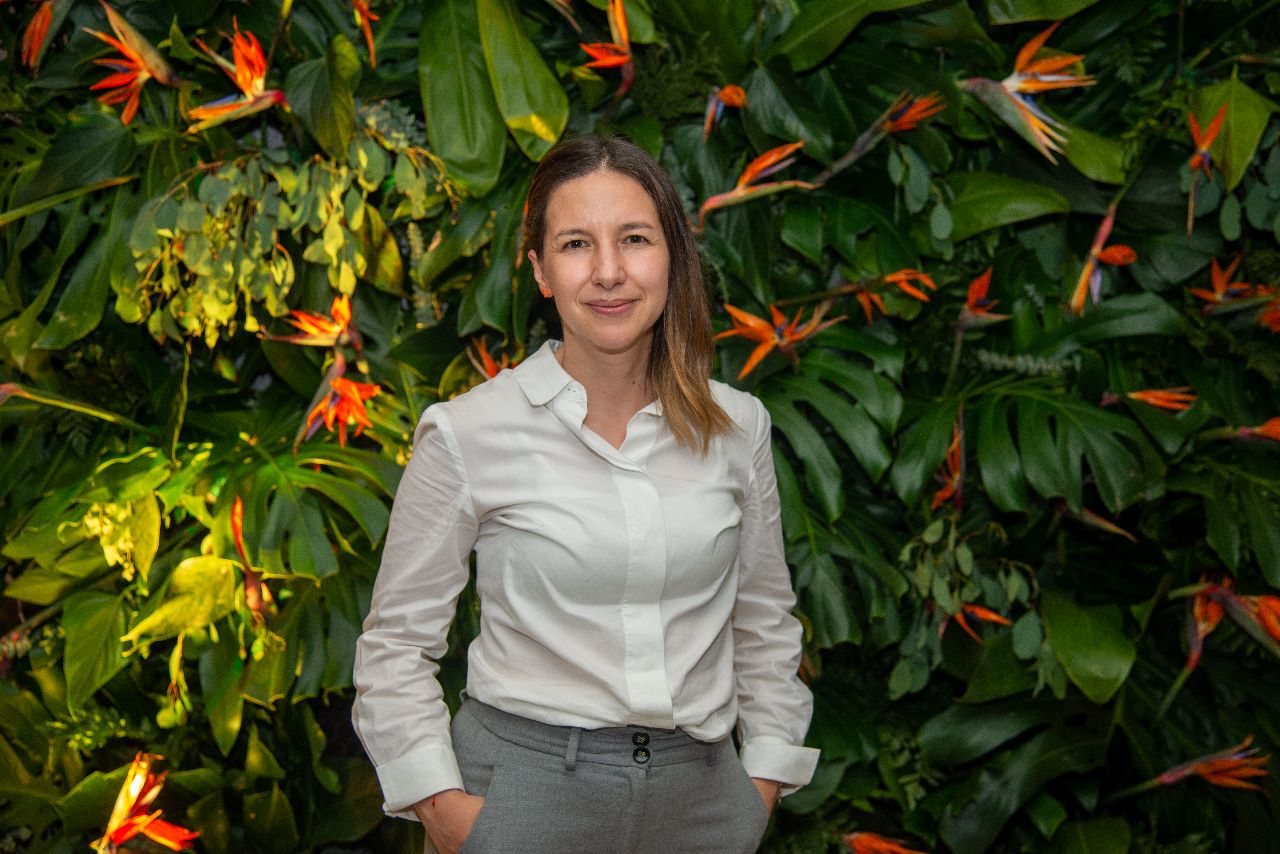
Luisa Fernanda Bacca is Colombian lawyer who holds a master's degree in Human Rights and Cultural Diversity from Essex University, UK. Her professional career has been dedicated to the defense of human rights, guided by the perspective of strengthening the capacities of civil organizations and local governments. She has worked within the United Nations system for over seven years, developing strategies to prevent internal displacement and land dispossession of indigenous peoples. Over the last four years, she has been actively engaged in the formulation and implementation of public policies for the protection of indigenous people’s territories and rights in national, regional and international agendas related to sustained development, climate change and biodiversity. Currently, as the Coordinator of Advocacy and Strategic Communications in Gaia Amazonas, she is leading the design and implementation of advocacy strategies and campaigns to influence and inform policy-makers and global environmental agendas on the importance of crafting conservation strategies with direct participation of Amazonian indigenous people.
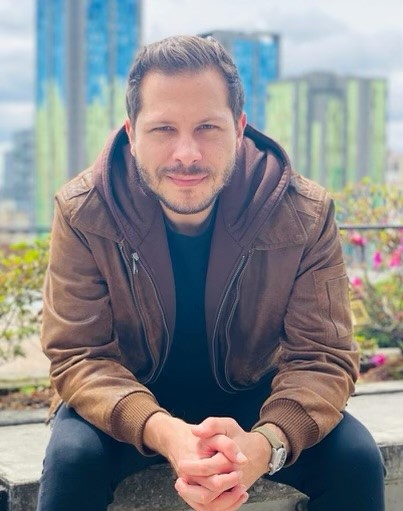
Moderator: Nicolás Bustamante Hernández is a Colombian science journalist. For almost nine years he worked at the newspaper El Tiempo, from where he helped conceive and develop the science section until it became one of the most important for the country and the region.
He has been the winner of several national and international journalism awards (Amway Environmental Journalism Award, Simón Bolívar National Journalism Award, Roberto Eisenmann Jr. Environmental Journalism Award from the Inter-American Press Association, among others), and one of his news reports motivated a Law of the Republic of Colombia for the conservation of the subterranean ecosystems of the country.
He has been a contributor to international news portals such as Mongabay.com and SciDev.net. He currently works as Advocacy Communications Specialist at WWF Colombia. He is a member of the Colombian Academy of Exact, Physical and Natural Sciences, in the Young Academy chapter.
Special keynote by Dr Maria Neira, Assistant Director-General, Division of Universal Health Coverage/Healthier Populations ad interim
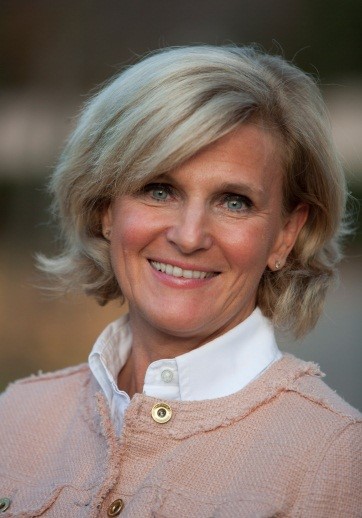
|
Dr Neira leads WHO’s efforts to achieve one billion more people enjoying better health and well-being through interventions relating to the environmental, social, and economic determinants of health (e.g. climate change, tobacco control, chemical safety, road safety, food systems and nutrition, physical activity, air pollution and radiation) through a One Health approach.
Dr Neira has served as Director, Department of Environment, Climate Change and Health (formerly, Public Health and Environment) since 2005. Throughout her tenure, she has helped position health at the centre of global discussions on environment and climate change, building strong partnerships with Member States, UN agencies, donors, and civil society. She joined WHO as Coordinator of the Global Task Force on Cholera Control in 1993.
Dr Neira was Vice-Minister of Health and Consumer Affairs in Spain for three years and President of the Spanish Food Safety and Nutrition Agency (AESAN). She also served for five years in the Ministry of Health in Mozambique and in Rwanda as UN Public Health Advisor for the United Nations Development Programme and the Italian Cooperation. She began her career with Médecins Sans Frontières in refugee camps in El Salvador and Honduras.
Among many distinctions, she received the “Médaille de L'Ordre National du Mérite” (France), the “Extraordinary Woman Award” (HM Queen of Spain) and the European Lung Foundation Award. One of the 100 policy influencers in health and climate change in 2019 and 2022, she is a member of the Royal Academy of Medicine of Asturias, Spain.
A medical doctor by training, Dr Neira specialized in Endocrinology and Metabolic Diseases at the René Descartes University in Paris and holds a Master’s in Public Health, a Diploma in Human Nutrition and a Diploma in Emergency Preparedness and Crisis Management.
|
|
| Workshops, March 27, 2023

Reaching across borders: strengthening science journalism in Latin America
09:00-16:00 - registration and coffee from 08:15
This Spanish-language workshop will focus on making successful pitches, building collaborative networks with science writers throughout Latin America and the role that online science news sites play in reaching worldwide audiences.
The centerpiece will be a pitch session for a Historias Sin Fronteras reporting grant in the amount of USD $3,000. Workshop participants will form cross-border teams and present their ideas in lightning-fast, 5-minute pitch sessions.
The winning team will be announced during the 2023 WCSJ. Registration is free and on a first-come, first-served basis for 50 journalists.
Organized by InquireFirst in collaboration with the Howard Hughes Medical Institute Department of Science Education.
|

S. Lynne Walker is President and Executive Director of the journalism nonprofit InquireFirst and co-founder of Historias Sin Fronteras, which was established during the World Conference of Science Journalists in 2019 to provide grants for cross-border projects on science, health and the environment in Latin America.
Lynne is a Pulitzer Prize finalist and spent much of her career reporting from Mexico, where she served as Mexico City Bureau Chief from 1992 to 2008 for San Diego, California-based Copley News Service. She received the Maria Moors Cabot Award from Columbia University's Graduate School of Journalism (New York) in 2005 for her outstanding coverage of Latin America.
As Executive Director of InquireFirst, which she founded in 2016 in San Diego, California, Lynne continues to travel to Latin America to work with colleagues on new ways to report on science, health and the environment. She has taught journalism workshops in Spanish in Mexico, Guatemala, Honduras, Nicaragua, Costa Rica, Colombia, Paraguay, Bolivia, Argentina and Ecuador.

Learning session: new tools for the global fight against dengue fever
1:00 p.m. - 4:30 p.m, with light refreshments from 12.30
Dengue fever is the world’s fastest-growing mosquito-borne disease, annually infecting nearly 400 million people across 129 countries. Climate change, globalization, and urbanization are accelerating its spread, and the WHO has declared it one of the top-10 threats to global health.
For the first time in history, effective vector control tools and vaccines are emerging to fight this dreaded disease, and new, multi-country efforts to develop urgently needed treatments have been launched. This workshop will provide an expert analysis of the global dengue burden and provide a detailed overview of the new tools that could turn the tide. The session will include a guided tour of the World Mosquito Program’s Medellin insectary, which mass produces Wolbachia-carrying mosquitoes to block dengue transmission in Medellin.
This workshop is sponsored by Elsevier.
As a global leader in information and analytics, Elsevier helps researchers and healthcare professionals advance science and improve health outcomes for the benefit of society.
They do this by facilitating insights and critical decision-making for customers across the global research and health ecosystems. In everything we publish, we uphold the highest standards of quality and integrity at scale to ensure value to our customers. We bring that same rigor to our analytical solutions for researchers, health professionals, institutions and funders.
|
|
Special Tour Offer WCSJ 2023 Colombia/Medellín

After Conference Ending Sat April 1 to Mon April 3
Outback FIELD TRIP INTO THE ANDES’ EXTREMES
Colonial Villages between hot & cold climates—Coffee Farm Visit & Birdwatching—History & Myths--Pool/Cascades
Hosts & guides: Libia Luz Obeso & Wolfgang Chr. Goede
CAPACITY: 10 PARTICIPANTS
10.00 am SATURDAY Start at Medellín Bus Terminal Norte (right by Metro line ”Caribe” Station)
12.00 Arrival at La Tal Finca (Medellín East near San Jeronimo) and reception with snacks and beverages
(Finca temps like Medellin, same altitude ca. 1400 m, around 25°C)
Hanging out at Finca pool and Cascades
19.00 Typical Campesino Dinner

SUNDAY
7.00 am Campesino Breakfast
8.00 am Hike to coffee farm “La Marquesa” with Tour and Coffee Tasting, Snacks
12.00 am Departure in TucTucs via “Finca Hazienda”, a beautiful old country estate of Spanish design, to Santa Fe de Antioquia, famous for its colonial architecture and history (hot 35°C), and return via Puente Occidente (historical bridge).
19.00 pm Dinner San Jeronimo “Restaurante Hanibal” (at your own expense)
22.00 pm Return to Finca

MONDAY
5.00 Wakeup call with short breakfast
6.00 Boarding of local typical Chiva/Escalera Bus, via Poleal (coffee stop) to San Pedro de los Milagros (San Pedro of the Wonders). Cold country: 2500 m w/14°C
10.00 arrival: Visit of the famous church, walking & shopping, and return by regular bus to Medellin
15.00 ENDING at Medellín Bus Terminal Norte w/Metro Connection to hotels, Airport, other national destinations.
Price of this WCSJ 2023 Special Field Trip package: 140 US$
|
|
|
|






